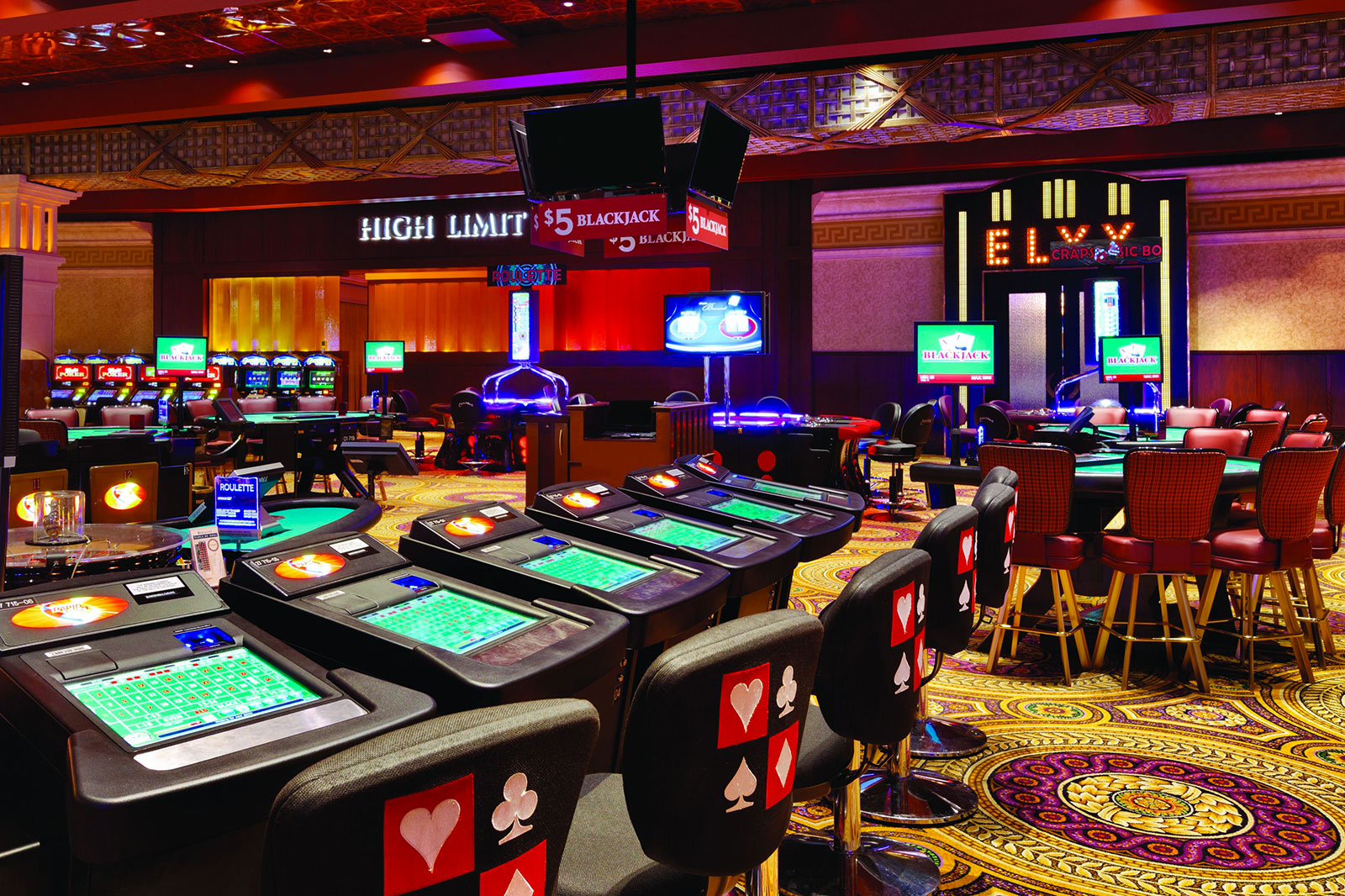
In the lively world of betting, gambling house activities have long seized the interest of players around the globe. These options, including timeless table options like poker to the spinning reels of slot machines, offer an captivating mix of luck and skill. While luck undeniably plays a crucial role in determining outcomes, the significance of expertise in many gambling activities cannot be ignored. Understanding how knowledge affects gameplay can elevate not only a participant’s enjoyment but also their chances of achievement.
As we dig into the dynamics of casino activities, it becomes clear that some need a strong grounding of understanding and strategy. Activities like poker demand more than just luck; they call for strategic thinking, emotional insight, and calculated decision-making. 5MB In contrast, other activities, such as roulette and slot machines, are primarily determined by randomness, allowing gamblers to rely entirely on fortune. This contrast raises thought-provoking questions about what truly drives success in the realm of gambling and how a gambler’s skill set can tilt the balance in their advantage.
Understanding Skill versus Luck in Gambling Games
In the realm of casino games, the debate between skill and luck is a long-standing one. Numerous games are frequently categorized into two groups: those that rely predominantly on randomness, such as slots and roulette, and those where skill plays a major role, like the game of poker and 21. The difference is crucial because it influences not only gameplay strategies but also the approach players adopt when participating with these games. While luck can play a critical role in the immediate, skilled players can improve their chances of winning over the long run in skill-based games.
Skill-based games, especially poker, require players to comprehend probability, psychology, and game theory. A seasoned poker player can analyze opponents, make calculated bets, and understand when to fold, all of which can lead to greater successful outcomes. On the other hand, in games that are purely based on chance, no amount of skill can alter the odds. This means that while a player may win big in one session, their success may frequently be subject to the vagaries of random outcomes rather than any strategic expertise.
In the end, both skill and luck exist together in the world of casino games, forming a vibrant environment for players. Although games of chance can provide excitement and instant gratification, proficiency and strategy in skill-based games offer a richer level of engagement for those willing to invest time in honing their craft. This interplay between skill and luck defines the experiences of players and influences their connection with the games they choose to play.
The Impact of Expertise on Casino Results
In the field of gambling games, proficiency plays a crucial role in determining the outcomes, especially in activities where strategy and decision-making are essential. For example, in poker, competitors must examine rivals, calculate odds, and make strategic bets to enhance their odds of succeeding. Unlike games that depend purely on chance, such as slot machines or roulette, poker demands an understanding of both the rules and the psychology of other participants, making skill a critical component of success.
Additional skill-based activities, like blackjack, also underscore the importance of player skill. Knowledge of basic tactics, card counting, and when to hit or stand can significantly influence the casino advantage. A skilled 21 player can reduce this edge and improve their odds of success over time. This contrasts sharply with activities that do not allow for such strategic play, demonstrating how the level of skill influences the possibility for positive outcomes.
Additionally, even within games considered primarily luck-based, like the game of craps, the choices made by gamblers can impact their overall performance. Choosing the right bets, comprehending the likelihoods of different results, and managing one’s funds are essential factors that can enhance a participant’s experience and results. Thus, while chance remains a component in casino games, ability can significantly influence how efficiently players navigate these environments, leading to more positive results.
Approaches for Expert Play in Gaming Establishments
To excel in casino games, players must develop a strong understanding of the regulations and probabilities involved in every game. This basic knowledge enables individuals to make informed choices, especially in skillful games like Texas Hold’em and 21. Familiarizing oneself with game strategies, such as keeping track of cards in blackjack or recognizing wagering trends in Texas Hold’em, can significantly enhance a player’s chances of success. Practicing these strategies through simulations or lower-stakes games allows players to improve their skills without risking substantial amounts of money at risk.
A further key approach is money management. Players should establish a budget before going into the gaming establishment and follow it faithfully. This involves determining how much they are willing to lose and setting limits on how much they will bet in each session. By keeping a disciplined approach to spending, players can prolong their play and reduce the chance of major losses. Additionally, taking breaks can help maintain a clear head and prevent impulsive decisions that often lead to bad gameplay.
Ultimately, emotional control is crucial in the high-stakes environment of a casino. Players must be adept at controlling their emotions, particularly during periods of winning or losing streaks. Staying attentive and not allowing emotions influence gameplay can lead to more sound decisions. Methods such as deep breathing or stepping away from the table during intense moments can help keep calmness. By cultivating a steady mindset, players can approach casino games with assurance and skill, ultimately improving their complete experience and results.